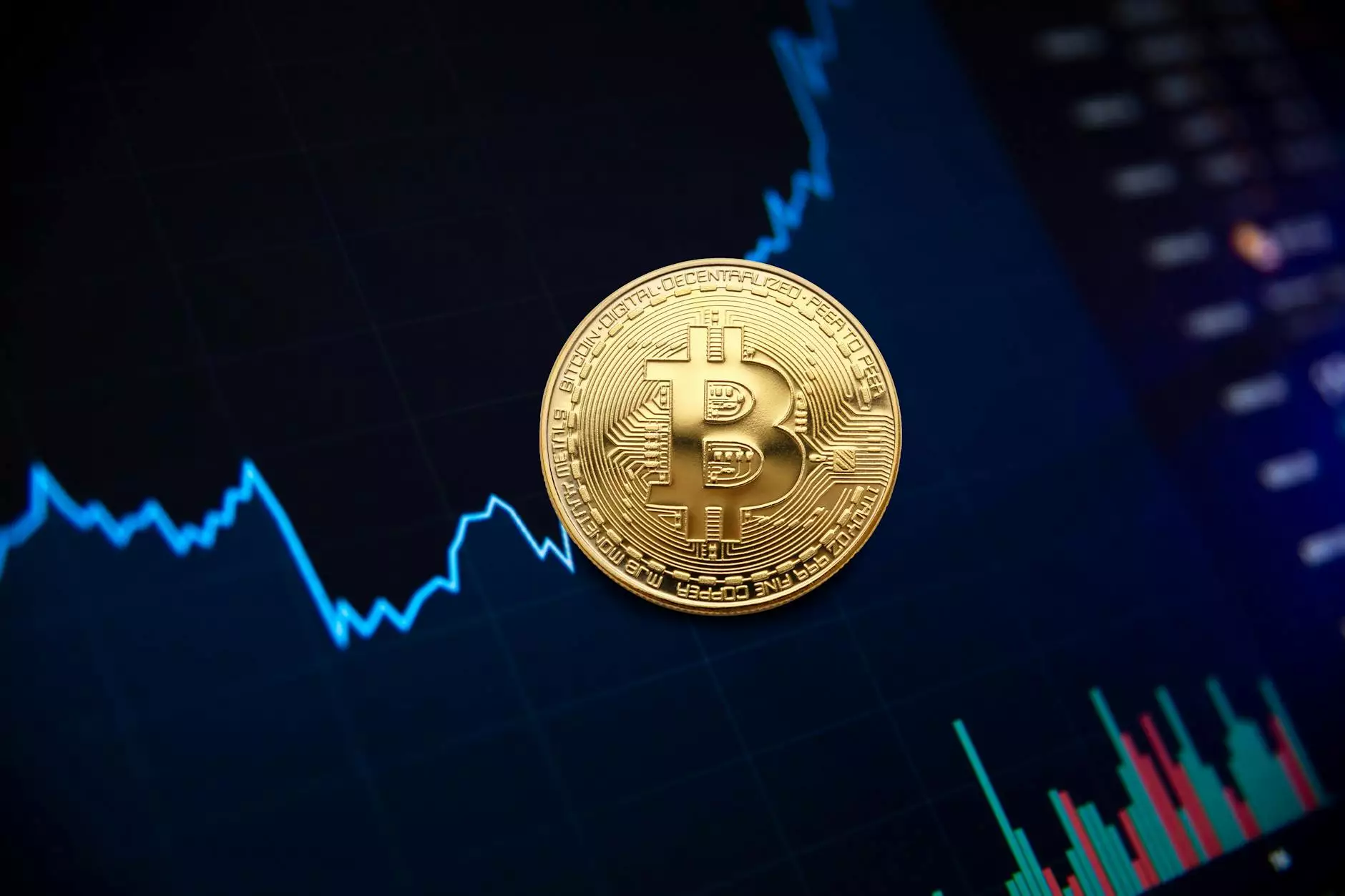Understanding the World of Fake Passports: A Comprehensive Guide

The phenomenon of fake passports has gained significant attention in recent years. It is not merely a subject for crime dramas and espionage films but a real issue that affects governments and individuals globally. In this article, we will delve into various aspects of fake passports, from their origins and uses to the market dynamics and legal implications surrounding them. Our goal is to provide a thorough understanding of this topic, empowering you with knowledge that could be valuable in both personal and professional contexts.
What is a Fake Passport?
A fake passport is a document that falsely represents an individual's identity and citizenship. Unlike legitimate passports issued by governments, these documents are typically created without the authority of any official governmental body. The implications of possessing such documents can range from identity theft and fraud to unlawful entry into countries.
Types of Fake Passports
The world of fake passports is diverse, consisting of various types based on their intended use and method of production. Here are some common types:
- Counterfeit Passports: These are fake documents that replicate a legitimate passport's design, usually using advanced printing techniques.
- Altered Passports: Real passports that have been illegally modified to change the identity of the holder.
- Blank Passports: Officially issued but unused passports that are procured through illegal means.
- Informal Passports: Documents that claim to be passports but are not recognized by any country.
Why Are Fake Passports Made?
The creation and distribution of fake passports can stem from various motivations, including:
- Illegal immigration: Individuals seeking to enter a country without the necessary legal documentation.
- Identity theft: Criminals using someone else's identity for fraudulent activities.
- Escape from law enforcement: Persons evading arrest or legal obligations.
- Financial fraud: Using fake identities to commit scams or other financial crimes.
- Political asylum: Individuals attempting to gain refugee status under false pretenses.
Legal Implications of Possessing a Fake Passport
Using a fake passport can result in severe legal consequences. Laws vary by country, but penalties can include:
- Imprisonment: Many jurisdictions treat the creation, possession, or use of fake passports as a serious crime.
- Fines: Monetary penalties can be imposed on those found guilty.
- Deportation: Unauthorized foreign nationals may be subject to deportation if caught using a fake passport.
The Role of Fake Document Makers
In the underbelly of the document forgery world, fake document makers operate with varying degrees of sophistication. These individuals or groups specialize in producing documents that are designed to look authentic. Their techniques include:
- High-Quality Printing: Modern printers can produce documents with intricate details that mimic official passports.
- Advanced Technology: Some makers use sophisticated tools like holograms and embedded chips.
- Social Engineering: Gaining access to government printing services for legitimate documents.
How to Spot a Fake Passport
For individuals working in security or any field that requires passport verification, knowing how to spot a fake passport is crucial. Here are several indicators:
- Inconsistent Information: Look for discrepancies in names, birth dates, and other key details.
- Design Flaws: Check for unusual fonts, colors, or spacing that doesn’t match legitimate passports.
- Material Quality: Authentic passports are made from high-quality materials that feel different from paper.
- Security Features: Familiarize yourself with the security features of legitimate passports to identify those that are missing in a suspicious document.
The Market for Fake Legal Documents
The demand for fake legal documents, including fake passports, is driven by various socio-economic factors. This market can be seen as a reflection of broader issues in society, including:
- Economic Hardship: Financial instability may compel individuals to seek illegal means to better their circumstances.
- Political Instability: In regions where governance is weak, people might resort to using fake documents for safety or escape.
- Cultural Factors: The stigma around certain identities may push individuals to procure fake passports.
How to Protect Yourself from Fake Passports
Individuals and organizations can take proactive measures to protect themselves from the potential risks associated with fake passports. Here are some effective strategies:
- Education and Training: Ensure that employees are trained in identifying fake passports and are aware of the signs to look for.
- Verification Systems: Implement robust verification processes that include background checks and confirmation of information.
- Report Suspicious Activity: Inform law enforcement agencies about suspected fake passports to combat this illegal activity.
Final Thoughts on Fake Passports
The world of fake passports is complex and fraught with challenges. It is essential to understand the implications and the risks associated with these documents, not just for individuals but also for society at large. Whether you are an employer, a law enforcement agent, or simply a concerned citizen, being informed about fake passports and their impact can help you navigate the challenges they present.
Conclusion
As we wrap up this in-depth discussion on fake passports and related topics, it's crucial to acknowledge that knowledge is power. By equipping ourselves with information about the intricacies of fake documents and understanding the motivations behind their use, we can take steps to safeguard against the risks they pose. Always remember that the most effective approach to combating illegal activities is vigilance and education.
For more information on fake documents, including fake passports and their implications, you can visit our website at buyauthenticdocument.com.





